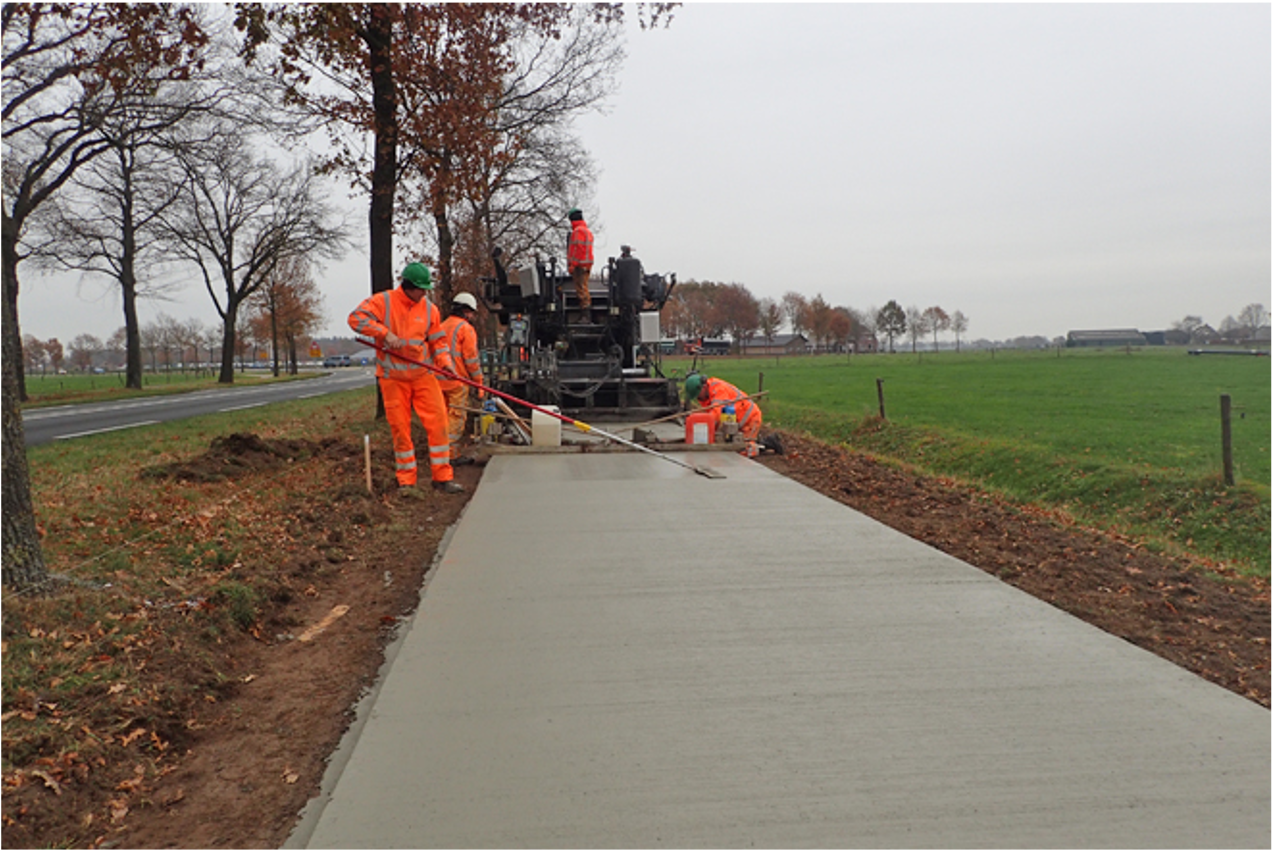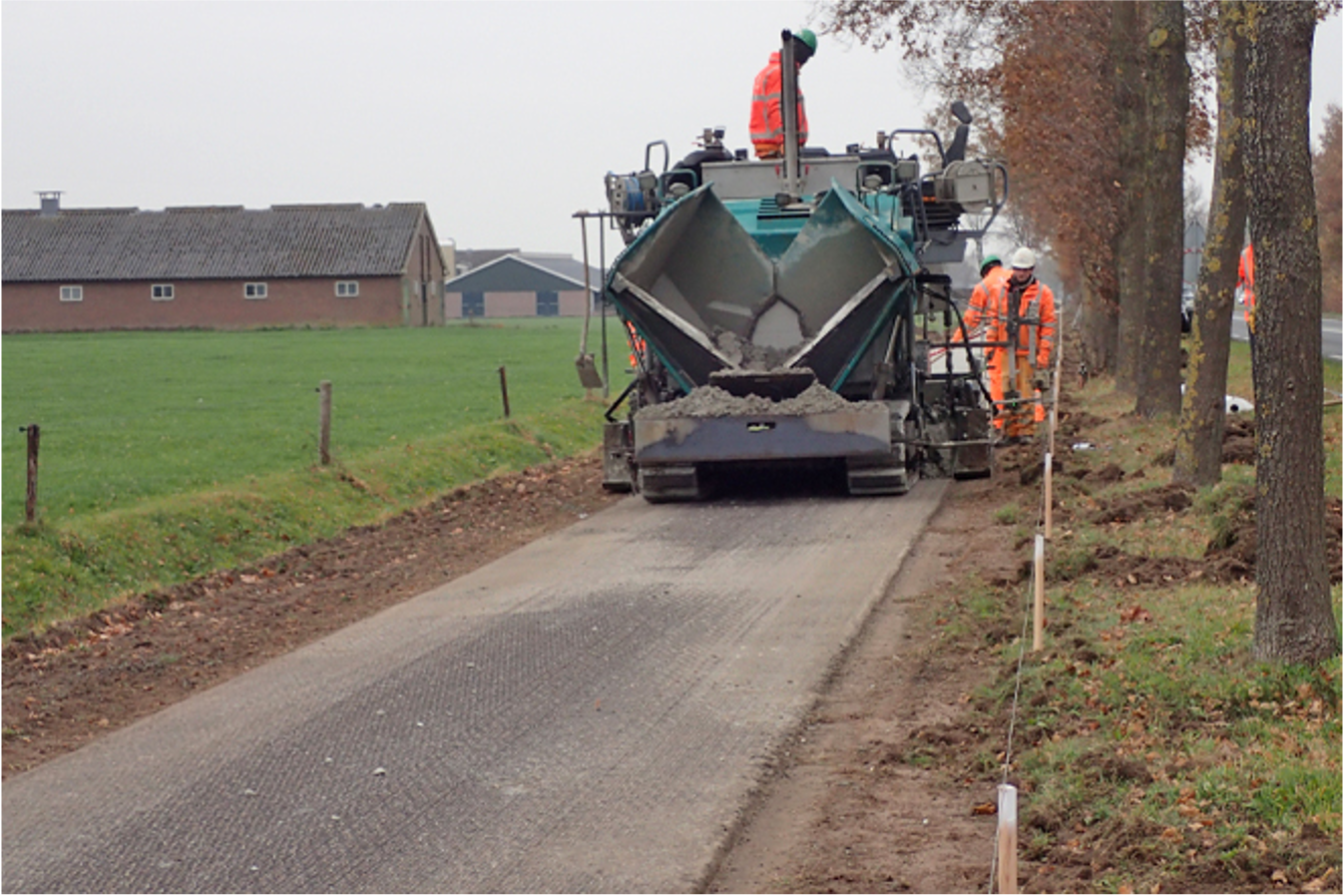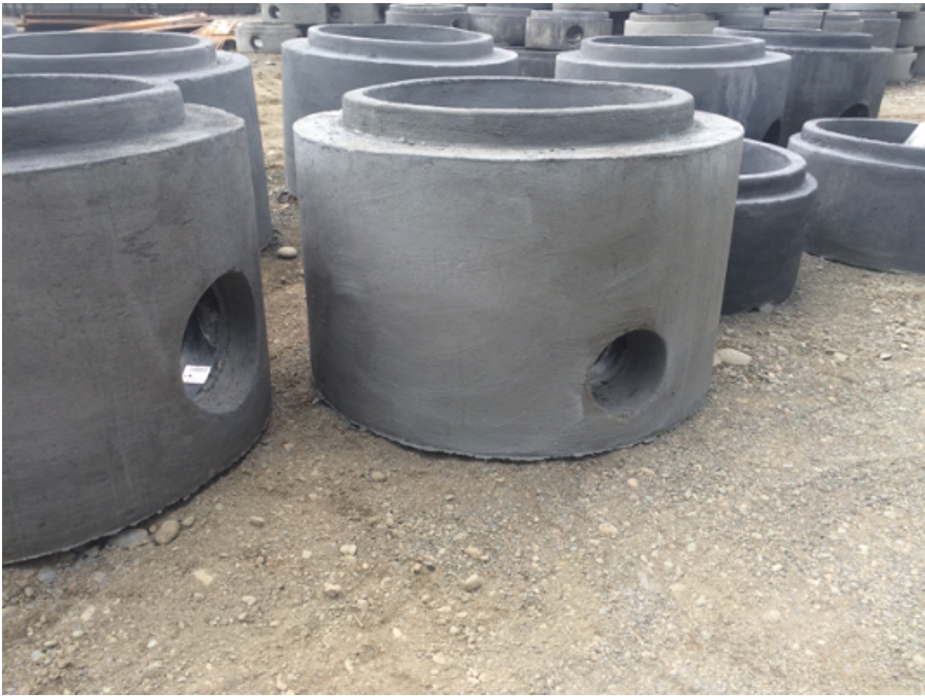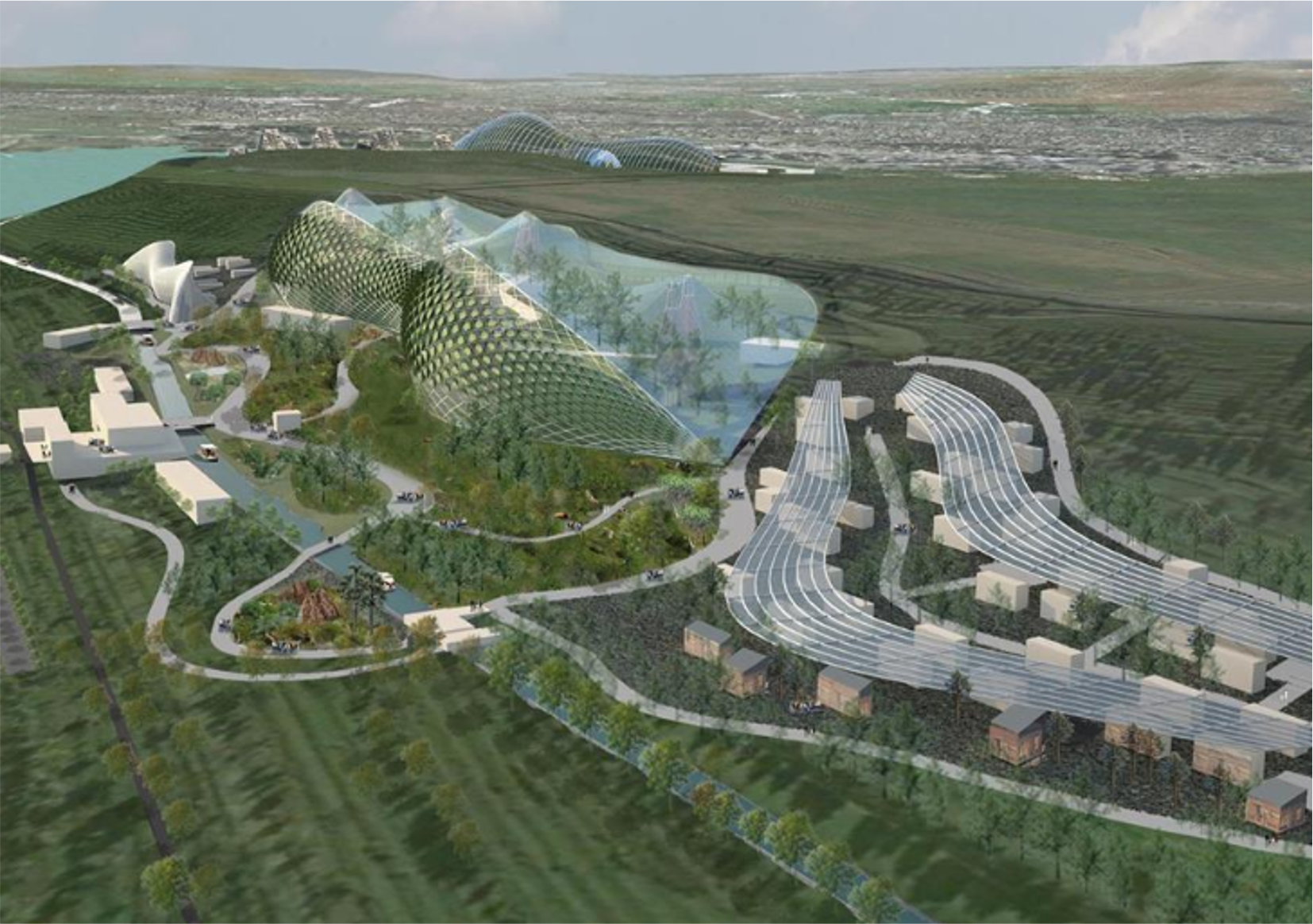Chopped fibres - turbobuild
Basalt Chopped Fibres are an innovative reinforcement material, designed to enhance the strength and durability of concrete by minimising cracks and improving overall structural integrity. Produced entirely from natural basalt fibres, these chopped fibres are highly resistant to corrosion, heat, and alkaline environments, making them an ideal solution for a range of industrial, commercial, and infrastructural applications.
Key benefits of Geogrid
-
Basalt chopped fibres are specifically engineered to minimize both micro and macro-cracks in concrete, reducing the impact of shrinkage and settling during curing.
-
Unlike traditional steel fibres, basalt fibres are non-corrosive and can withstand high temperatures, maintaining up to 98% of their tensile strength at 200°C.
-
Due to their high tensile strength, less material is needed compared to other fibres, resulting in a more efficient and cost-effective solution for concrete reinforcement.
-
Basalt chopped fibres demonstrate excellent resistance to alkaline environments, making them suitable for use in aggressive conditions without deteriorating.
-
Manufactured from natural basalt fibres, these chopped fibres are non-combustible, non-toxic, and fully recyclable, supporting sustainable building practices.
Case Study: Three-Point Load Testing of Basalt Fiber Reinforced Concrete Pillar
To assess the performance of Basalt Chopped Fibres in reinforced concrete, a three-point load test was conducted at the Institute of Construction Materials, TU Dresden.
This test evaluated the effectiveness of basalt fibres in improving concrete strength and reducing crack propagation, and compared concrete beams reinforced with basalt fibres to those using traditional steel fibres.
Under increasing loads, the basalt fibre reinforced beam showed significantly less crack opening and better load distribution, maintaining its structural integrity even as pressure increased. With only 10 kg/m³ of basalt fibres (compared to 36 kg/m³ of steel fibres), the beam exhibited superior crack resistance and durability.
The high performance at lower fibre quantities demonstrates the efficiency of basalt as a reinforcing material, as well as cost-effectiveness, making basalt fibres a compelling alternative to traditional steel reinforcements.
-
With Basalt Turbobuild reinforcement
Reduced Crack Width
Basalt fibres significantly limited crack development under load.Enhanced Load Bearing
The reinforced beam maintained higher load-bearing capacity throughout the test.Less Material Requirement
Achieved superior results using only 10 kg/m³ of basalt fibres.Cost-Effective Reinforcement
Fewer fibres required compared to traditional steel, resulting in material savings.
-
With steel reinforcement
Extensive Cracking
The non-reinforced beam exhibited rapid crack propagation under pressure.Lower Load Capacity
The beam without reinforcement failed under lower loads compared to the basalt fiber reinforced beam.Increased Risk of Structural Failure
Lack of reinforcement led to reduced resilience and faster failure when subjected to stress.
practical Applications
Basalt chopped fibres have been used across a wide range of projects to enhance concrete strength and durability:
| Floor Reinforcement |
| Concrete Infrastructure |
| Decorative Concrete |
| Sewage Systems |
| Commercial Parking |
| Floor Reinforcement | | Concrete Infrastructure | | Decorative Concrete | | Sewage Systems | | Commercial Parking |
















Learn more about chopped fibres
technical specifications
Fiber Dimensions: Basalt chopped fibres are available in lengths of 36 mm with a diameter of 0.6 mm, offering a high L/D ratio for effective reinforcement.
Tensile Strength: Basalt chopped fibres maintain a tensile strength greater than 1000 MPa in alkali environments and retain 98% of their tensile strength at temperatures of 200°C.
Usage Efficiency: Only 3 to 5 kg of basalt fibre per m³ of concrete is needed, significantly reducing material costs compared to traditional reinforcement fibres.
Alkali Resistance: Tested in alkaline environments (pH 13.5 at 40°C), basalt fibers exhibit excellent resistance, maintaining their structural properties over time.
International Regulations, Performance, and Standards Compliance
European Standards Compliance: Complies with EN 14488-3:2006, which defines standards for fibre-reinforced concrete, ensuring consistent performance in structural applications.
Alkali and Heat Resistance: Maintains tensile strength greater than 1000 MPa in alkaline environments, with residual strength retention of 98% at 200°C and 76% at 400°C, indicating high resistance to challenging environmental conditions.
Usage Efficiency: Requires only 3 to 5 kg of fibre per m³ of concrete, making it an efficient reinforcement option compared to other fibres.
Research and Development
Basalt Chopped Fibres are developed in collaboration with leading research institutions such as:
TU Dresden (Institute of Construction Materials)
IAB Weimar (Weimar Institute of Applied Construction Research)
IBU Trier (Institut für Bauverfahrens und Umwelttechnik)
These collaborations ensure that basalt chopped fibres continue to be refined and meet the demands of modern construction, delivering high-quality reinforcement for sustainable and resilient infrastructure.

